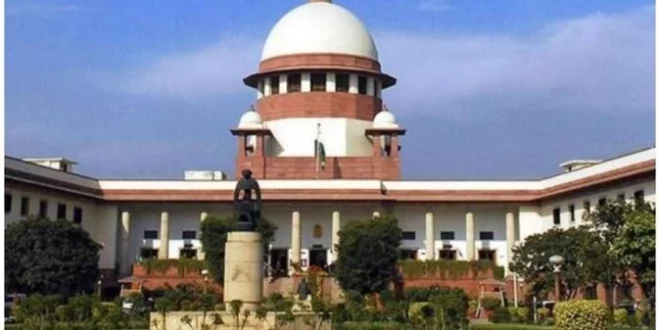New Delhi. The Supreme Court gave a unique verdict on Thursday, in which the rights of married women have got a boost. The Supreme Court, while delivering the verdict, said that in Hinduism, a married woman’s honey and vermilion are important and the society sees them from that point of view. In such a situation, women living apart from their husbands can spend their whole lives with the help of this vermilion. Taking a big step, a bench of Justice UU Lalit and Justice S Ravindra Bhat quashed the decree of divorce given in favor of the husband.
According to the NDTV report, during the hearing, advocate Purushottam Sharma Tripathi, appearing for the wife, told the court that the Madhya Pradesh High Court had specifically noted that there was no cruelty to the husband and that he had taken care of his in-laws on his own. had not left. Therefore, the decision of the High Court to dissolve the marriage is not correct. The advocate told the court that the woman wanted to maintain her marriage. At the same time, advocate Shishar Saxena, appearing for the husband in the court, denied the demand of the lawyer for the wife’s side. During this, the Supreme Court said that it may be impossible for a couple, who have been living separately for 18 years, to live together now, but given the way society treats women, the concept of marriage and the status of marriage is very important.
Supreme Court restored the dissolved marriage, told what is the price of vermilion in the society
The Supreme Court restored the marriage of the woman, setting aside the decision of the Madhya Pradesh High Court to dissolve the marriage. Justice UU Lalit commented orally that given the social status here in India, marital status is important for women. The special thing is that it was said on behalf of the husband that now he has become a monk and has given up everything. The bench was considering a petition filed by the wife challenging the decree of divorce granted by the Madhya Pradesh High Court.
 Indian Thought Latest News & Views
Indian Thought Latest News & Views



